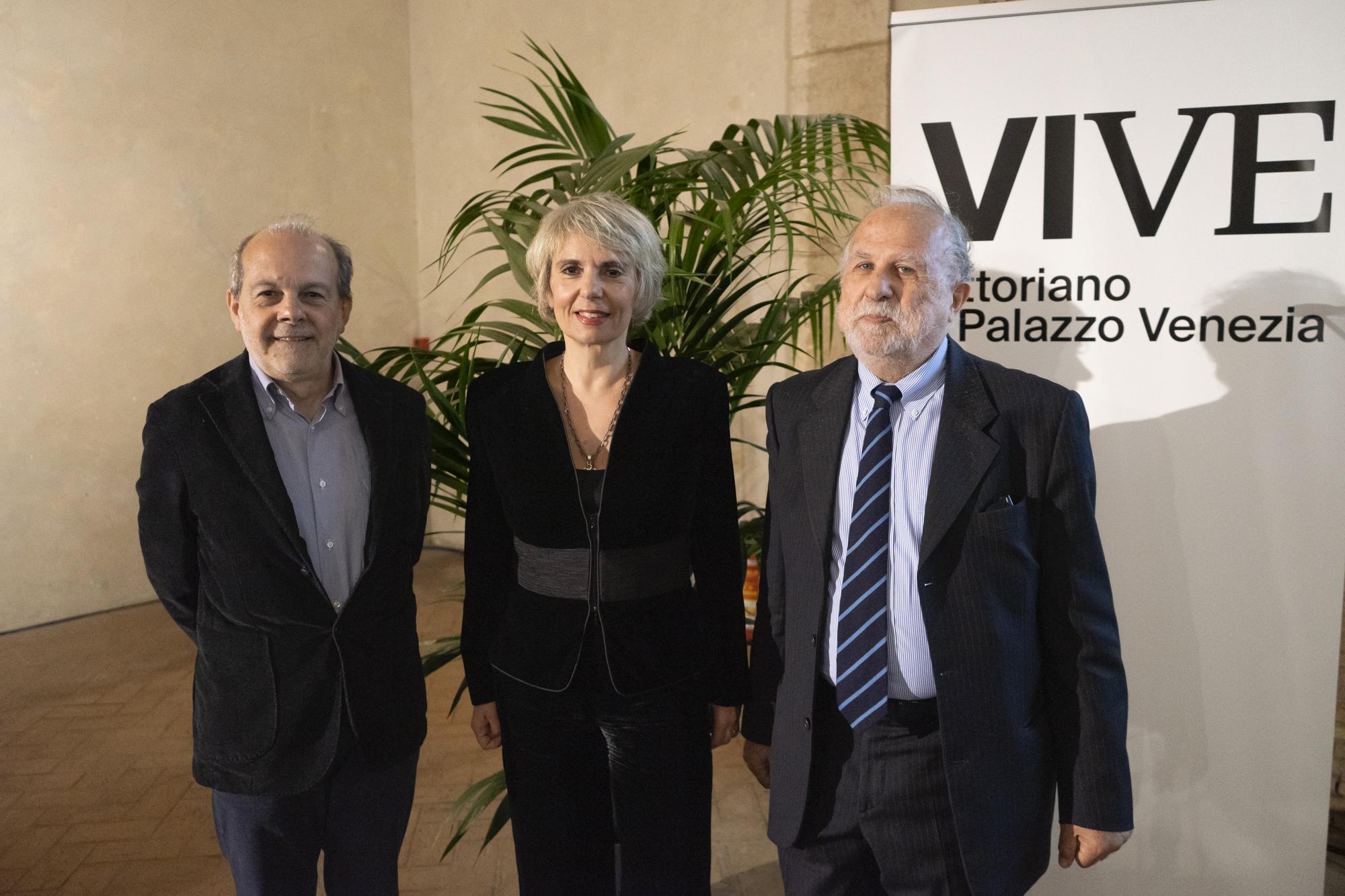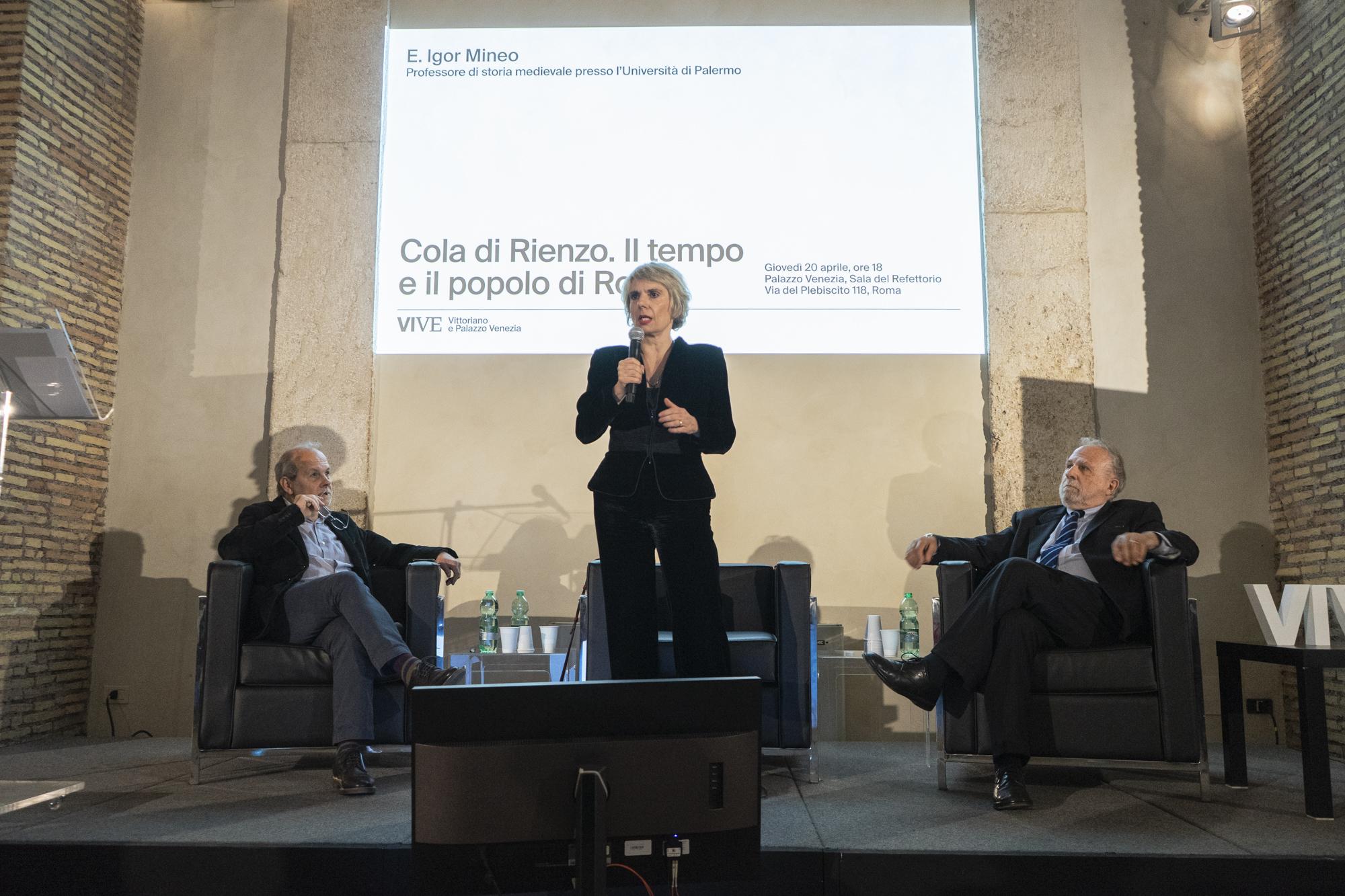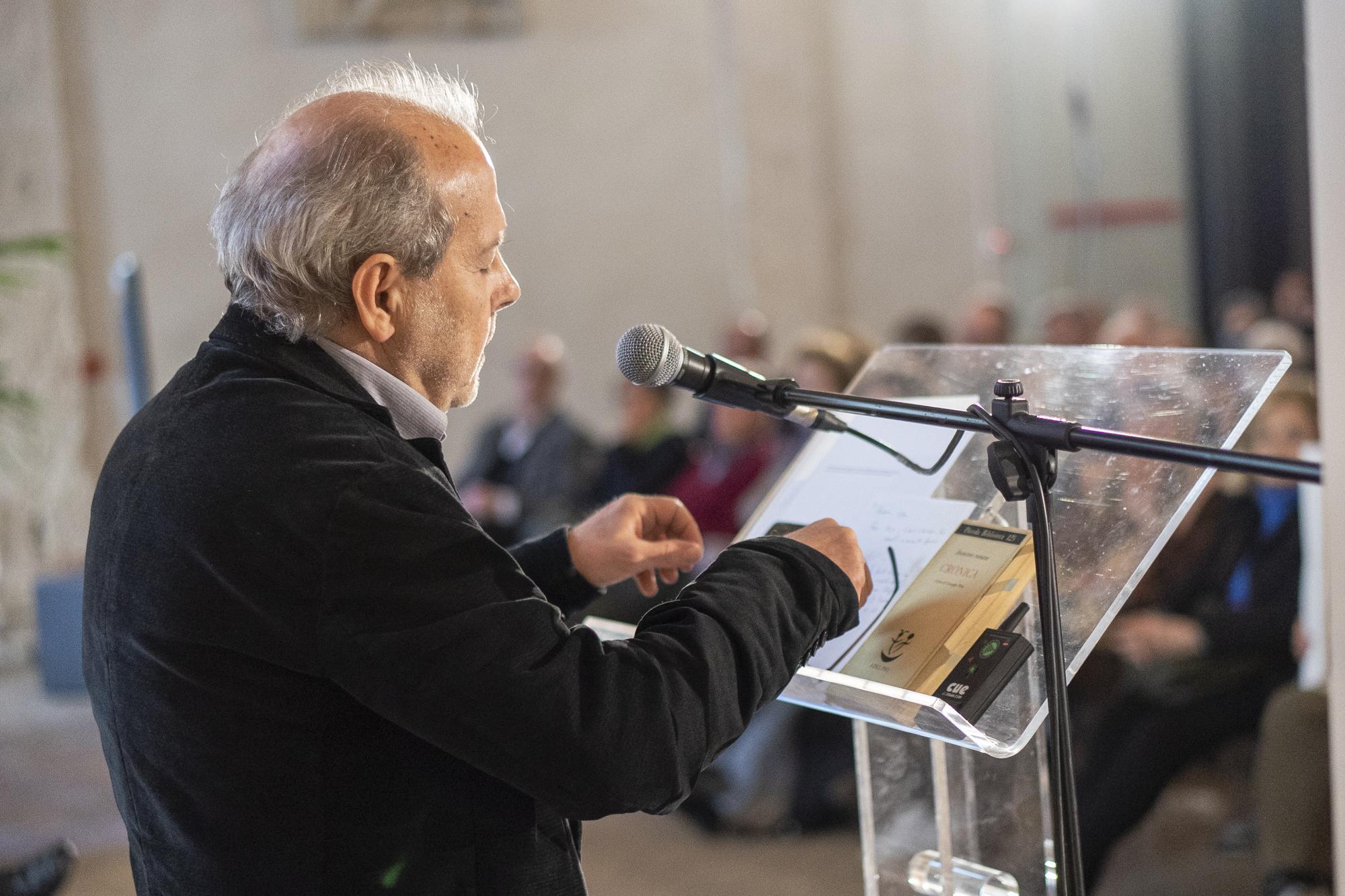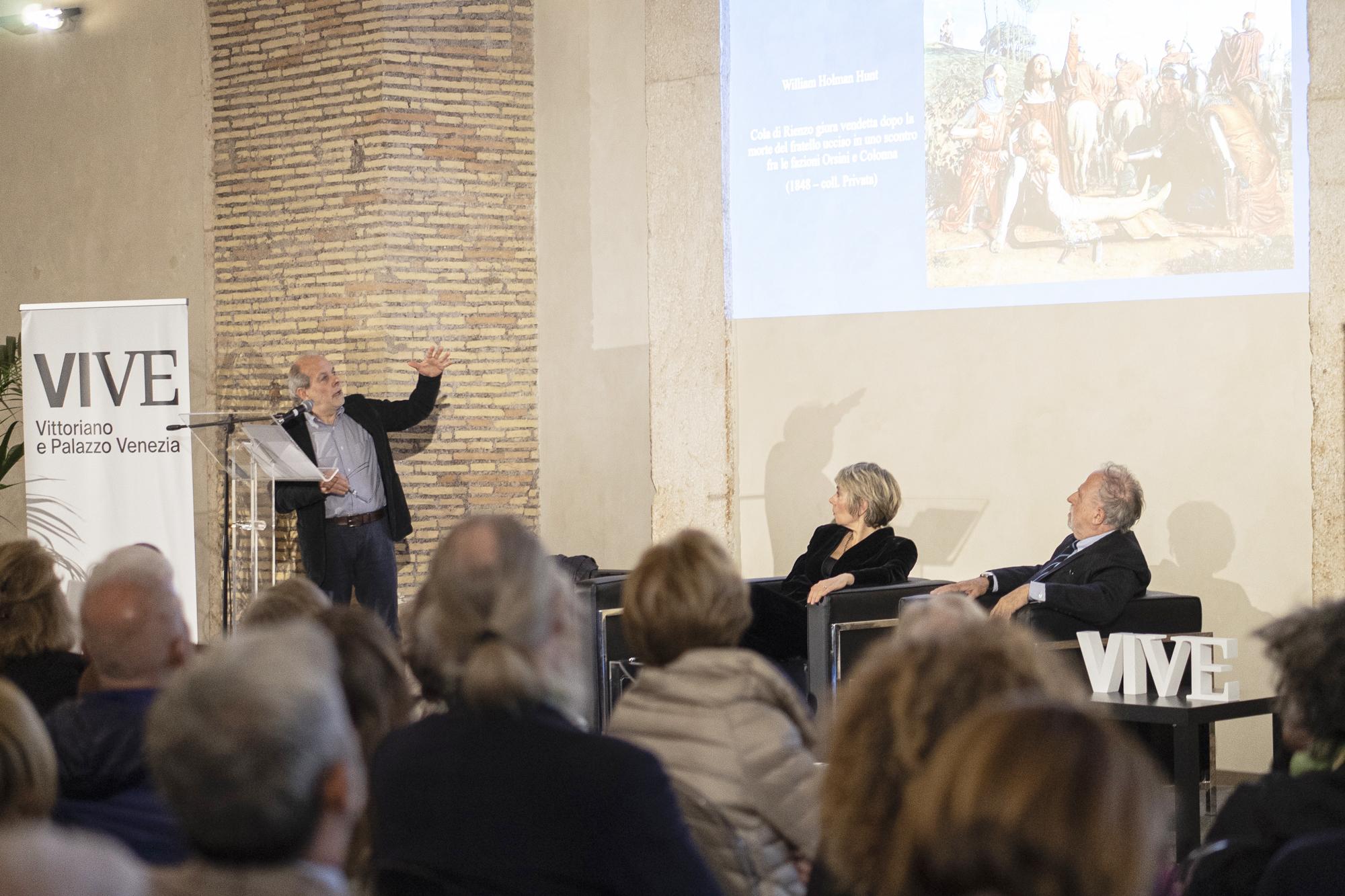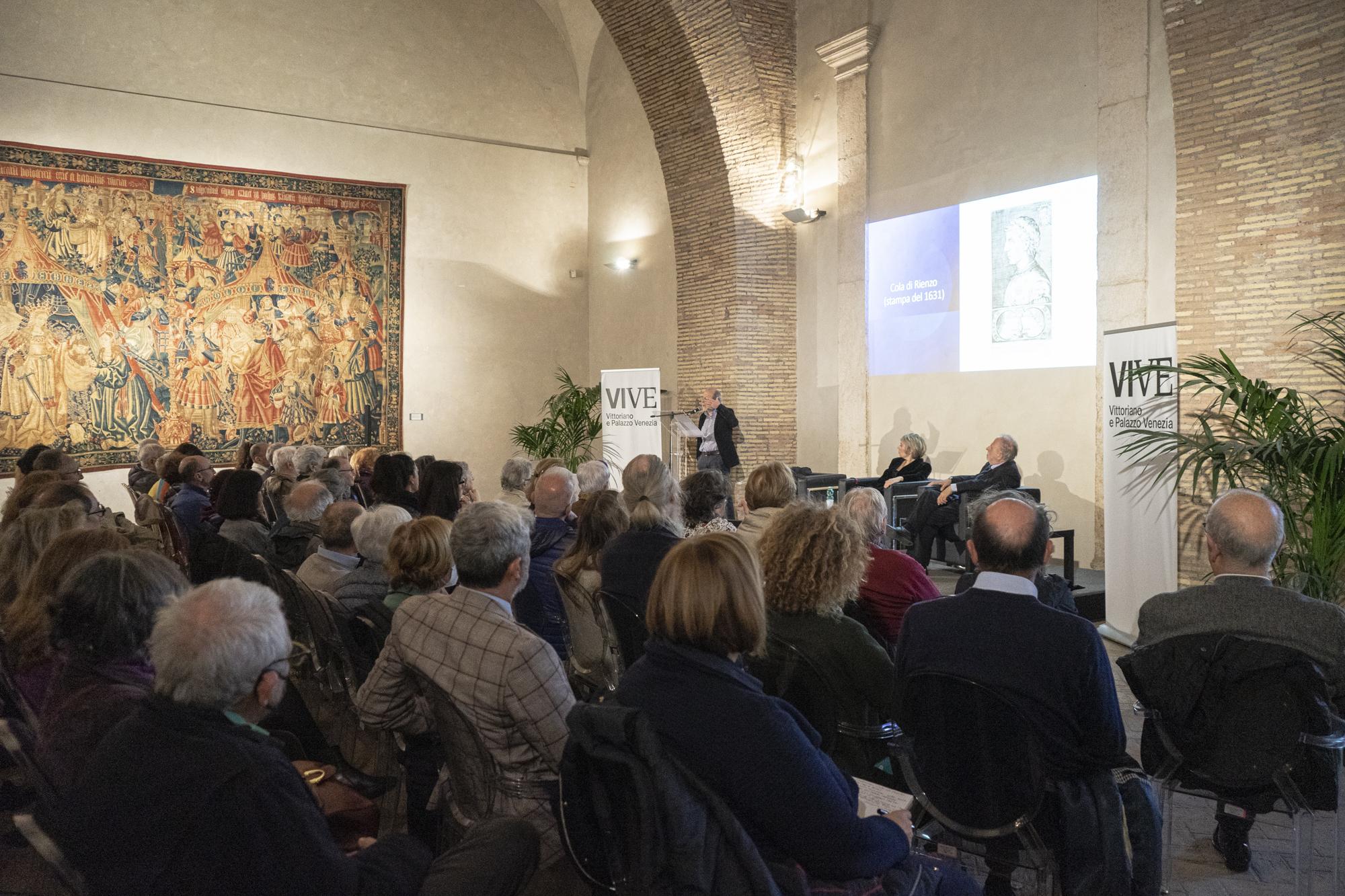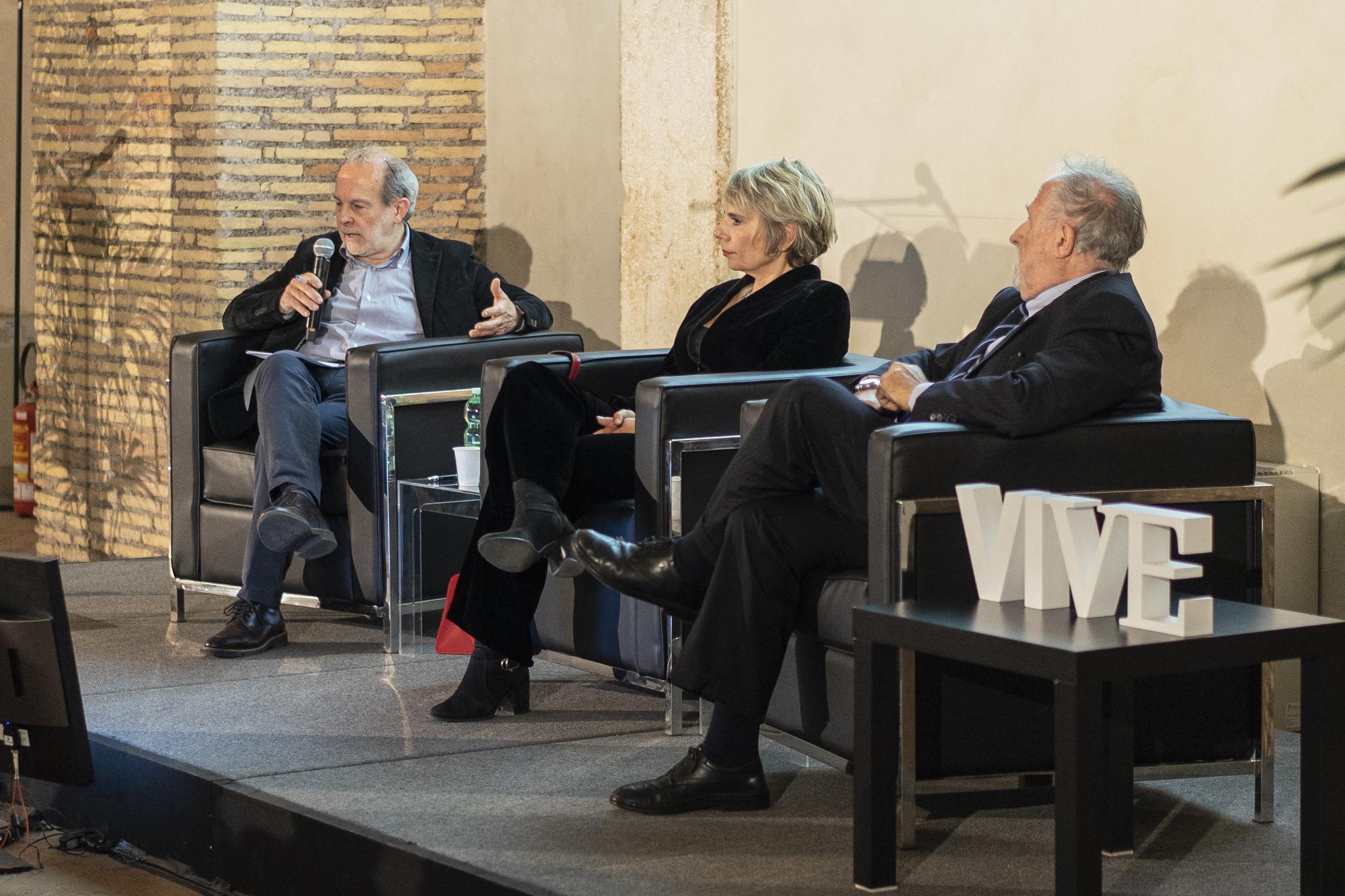SERIES: From Rome to the rest of the world. Tales from a past that lives on - Under the aegis of Francesco Benigno, professor of Modern History, Scuola Normale Superiore in Pisa
SPEAKER: E. Igor Mineo
DATE: Thursday 20 April, 6 pm
PLACE: Palazzo Venezia, Sala del Refettorio
In 1346 (or ’47), the little more than 30-year-old son of a tavern-keeper and a washerwoman Cola the son of Lorenzo held a lay ceremony in San Giovanni in Laterano at which he celebrated and commented on a bronze tablet that no one was able to interpret. That tablet, now conserved in the Musei Capitolini, bears the lex regia, a solemn law by which the first Roman emperors formally obtained power from the Roman people. That ceremony was one of the preparatory moments leading to an intense and very brief political adventure that resulted in a tavern-keeper’s son acquiring control of the city, a pre-eminence that lasted a few months, from May to December 1347. Cola’s actions were driven by the sentiment (and conviction) of a continuity between the people of the era of the Ancient Emperors and that of the Rome society in the day when he had been born and grown up, and who wanted a say in the governing of the city. Rome’s past and the authority of its people, from which emanated that of the emperor – as asserted by the lex regia –, seemed to indicate the significance of a bold political action and a possible new future.

